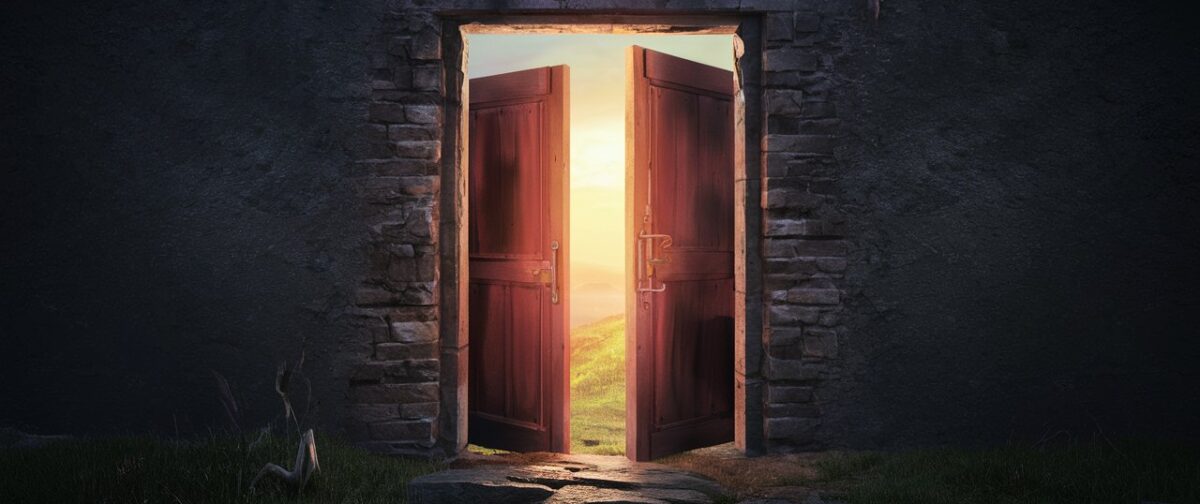
I have spoken to two friends who each have offered an interesting take on what it means to be in a position of power in society.
One friend said that he sometimes thinks of power in terms of who has to bear the consequences of mistakes: Those who are powerful in society (whether through wealth, status, clout, etc.) only have to suffer from their own mistakes; whereas, a less powerful person is someone much more they likely will have to suffer from both their mistakes and the mistakes of those who have power over them.
I find this to be true: the more marginalized in society can often be disproportionately hurt by the bad decisions of others, whether that be governmental policies, managers/employers, or whoever.
Another friend added that the powerful are often shielded from their own mistakes. The wealthy can often afford to make more mistakes with their money and still have more resources to try again, for example. Often those with lower incomes have less leniency to take risks and make mistakes. And when the extremely powerful make mistakes, governments or society itself can often swoop in to save them, considering their success necessary for society to keep going. The less powerful usually get no such luxury.
So, power can offer protection from the mistakes of others and also a cushion from your own mistakes: a type of protective layer if you will.
In addition to liking both of these definitions, I also see power in terms of being forced to understand the perspectives of others in order to be successful in your endeavors in life. Those with less power are often forced to have to understand and consider the perspectives of those with power over them in order to meet their own goals.
The powerful can remain ignorant of what those with less power than them think. They don’t have to consider others’ perspective to be successful in what they seek.
And many with power don’t: they never cultivate the skills necessary to listen to, learn from, and incorporate the perspective of those with less power than them, because they don’t have to. In some cases, overtime, they don’t foster the skills of listening or empathy, becoming used to dictating to others who listen to them.
For them, listening is a choice, in contrast to those with less power for whom listening is often a necessity. Thus, the powerful’s listening skills can atrophy over the course of their lives because they do not choose to cultivate it.
All of these definitions have merits, approaching the similar aspects of what it means to have power from different angles. Each demonstrates the nuances of how power shields people from the harmful impacts of others and oneself like a protective bubble. And from each, there is something important to learn.
No matter where you are in life, it can be important to choose to listen and do what it takes to learn from the perspectives of others. Like the first definition implies, this includes thinking about how your actions may hurt or otherwise negatively impact those around you. If you are in a position where you are not doing that regularly, that could likely be because you actually have a type of power in that situation. If you are not intentionally listening to others and incorporating them into your life, then you should start doing so, before those skills atrophy.
Discover more from The Cracked Door
Subscribe to get the latest posts sent to your email.
